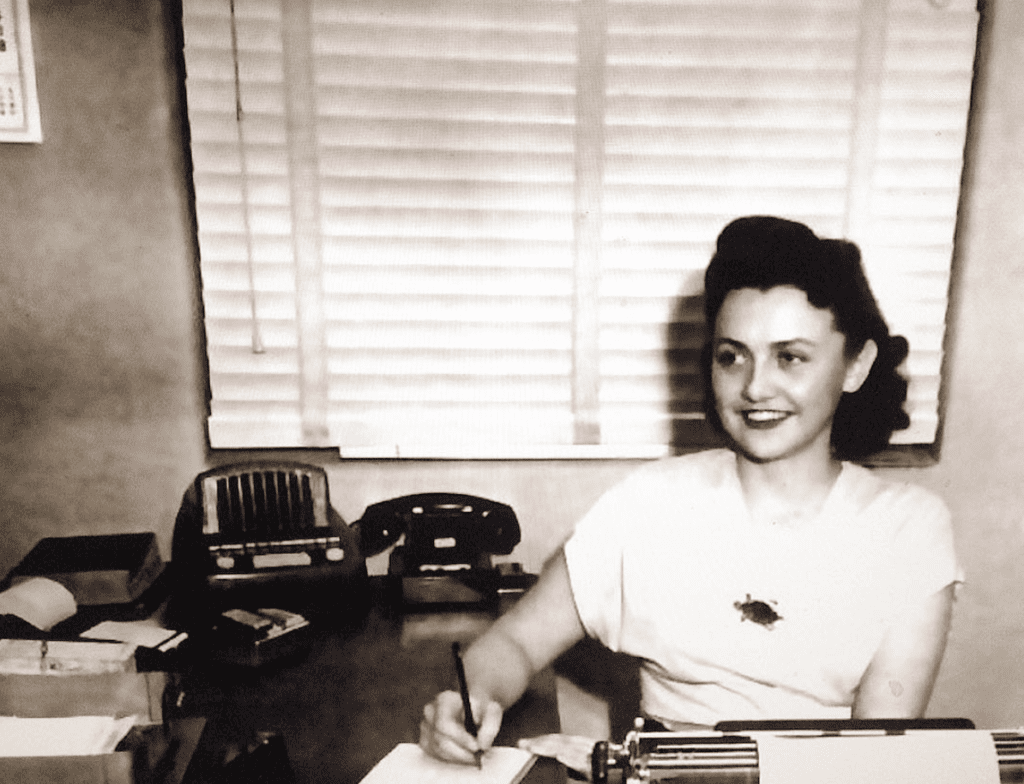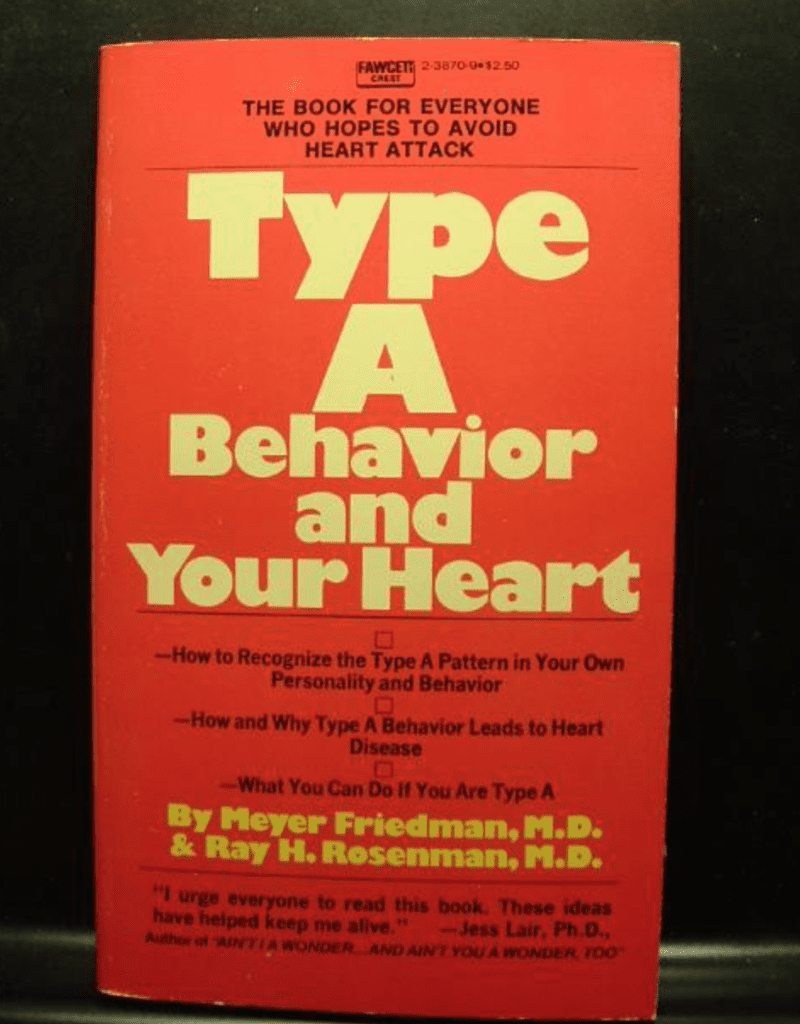Trending Now
These days, people who are Type A – ambitious, goal-oriented, competitive to-do list makers and tacklers – are likely to announce the distinction with pride. After all, Hollywood has glorified the personality type with some pretty awesome characters, like Leslie Knope, Olivia Pope, Amy Santiago, Captain Kirk, and the list goes on and on. Today, it seems as if being Type A is, if not something to aspire to, something to at least be at peace with.

Photo Credit: Instagram, @therealoliviapope
That wasn’t always the case, though, and once you hear the origins of the term and its associations, you may not feel quite the same way about wearing the moniker, either.

Photo Credit: Paramount Pictures
It was first coined by two high achievers – cardiologists Ray Rosenman and Meyer Friedman – who used the term to describe patients who were at a high risk of heart attack, stroke, and other stress-related conditions. They even wrote a bestselling book about it, which helped solidify the term’s place in popular culture.

Photo Credit: Instagram, @sillyallis
So, how exactly did the term Type-A come to correlate people who like everything just so with those at higher risk for heart disease? Interestingly enough, it all began with a secretary at a medical practice in San Francisco, California.

Photo Credit: Instagram, @unlvspeccoll
She observed that the patients being seen for coronary heart disease never sat on the comfortable seating in the waiting room, they always sat in hard chairs. Moreover, they always arrived on time. The coronary patients were fidgety, always checking their watch as if they had somewhere more important to be, and often jumped up to ask when they would be seen if their appointment time came and went.

Photo Credit: Wikimedia
The secretary’s observations resulted in a 1959 paper in which the two doctors first explored the association between these behavioral patterns and coronary disease.
tl;dr: Patients being treated for coronary disease tended to be anxious, harried, and task-oriented people.
The two faced some pushback, particularly from the scientific community, over the new idea that our mental health could influence our physical health, but the doctors persevered. Friedman and Rosenman wrote the bestselling Type A Behavior and Your Heart a short time later, and even though their work represented a breakthrough in the medical community, the reviewers and readers didn’t seem all that shocked.
“Those who step back and see us killing ourselves to get ahead should not be surprised at a more palpable documentation of that reality.”

Photo Credit: Twitter, @dumbassgenius
So there you go. A secretary noticed that people suffering from heart disease tended to be higher strung, and abracadabra, Type A was born.
I mean, more or less.
Guess who’s not Type A at all?
h/t: priceonomincs






